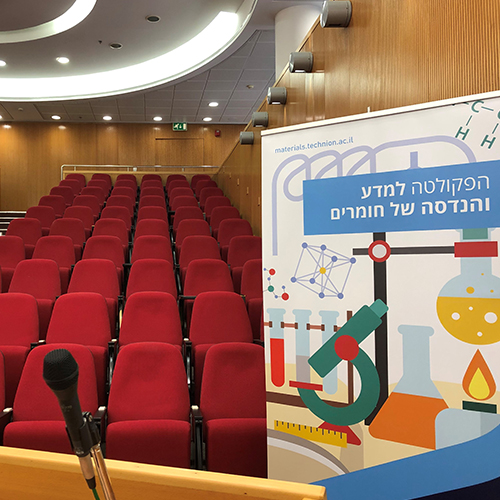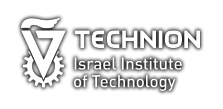
10/02/2026
David Wang Auditorium, 3rd floor, Dalia Maydan Bldg.
Mr. Lotan Portal – PhD candidate
Department of Materials Science and Engineering Technion – Israel Institute of Technology, Haifa
Nanoporous gold (np-Au) synthesis using the conventional dealloying of Au alloys has extensive applications, particularly catalysis. Here, our objective was to unveil a new approach for synthesizing hierarchical np-Au crystals. This was achieved through the selective dissolution of Ge and dealloying of Ag from Au-Ag-Ge eutectic melts. We focused on investigating the correlation between pore and ligament size tuning within the porous structure and the control of undercooling during the eutectic melt solidification process. The ability to control the morphology and create hierarchical porosity allows for enhanced catalytic activity.
Furthermore, we study the influence of deformation defects on the morphology and catalytic activity of np-Au. A significant discovery was developing a method for synthesizing low-dimensional semiconducting crystals of AuCN by harvesting the reactivity of surface defects in Au. We showcase the utilization of dislocation outcrops on the surface of Au-Ag alloys as autocatalytic sites for the 1D single crystal growth during Ag dealloying. The growth directions of the nanowires are governed by the orientations of dislocations within the Au slip-system. Additionally, we show that deformation twin traces on {111}Au thin film surfaces create ledges, facilitating epitaxial growth of AuCN crystals on the newly exposed facets. This process exhibits patterned growth in the <110> orientations of the Au surface. The ability to control the size and orientation growth of semiconducting crystals on Au systems offers a promising avenue for properties tuning.


